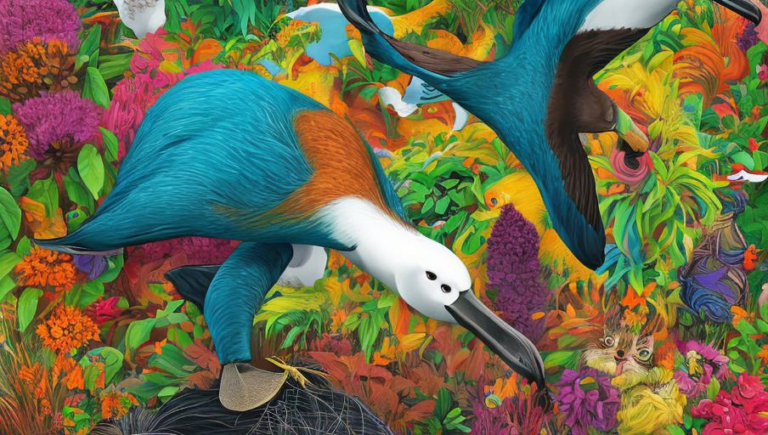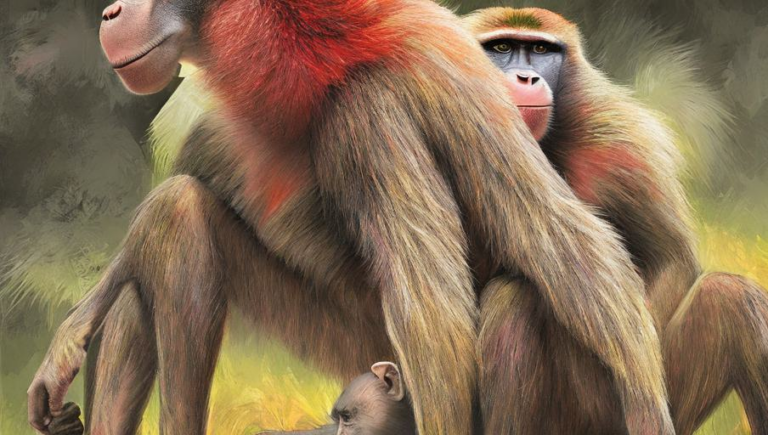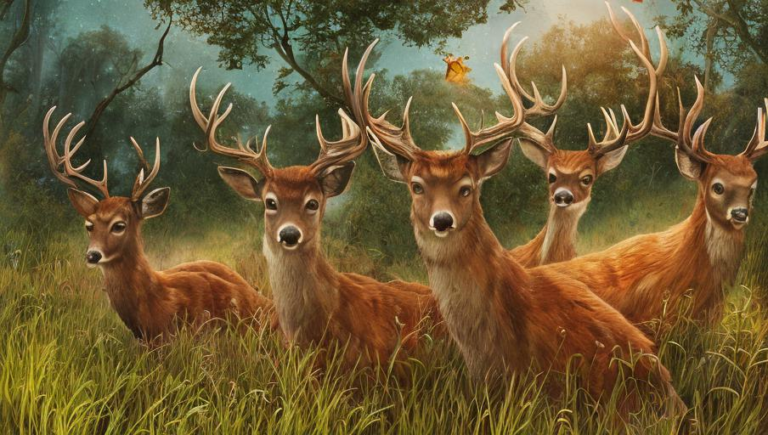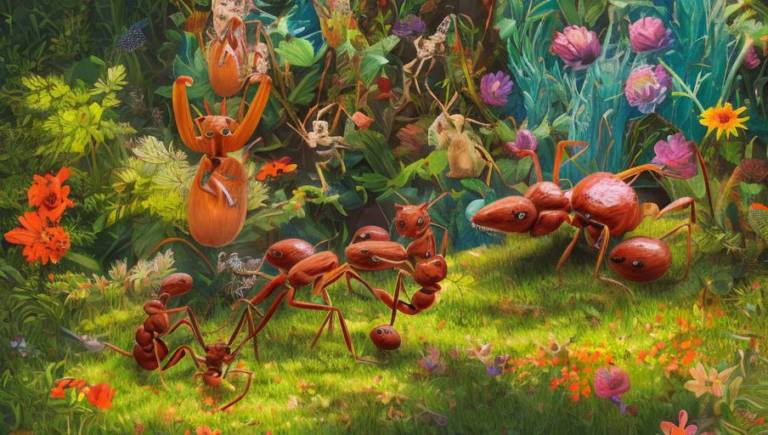Jump for Joy: The Benefits of Wildlife Sightings
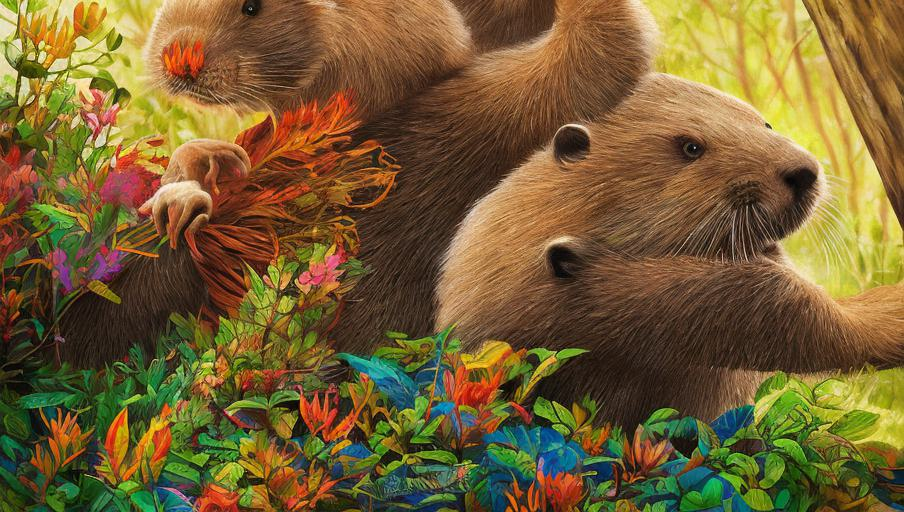
The Wonders of Wildlife
Wildlife sightings can be an exhilarating experience and can have a positive effect on our mental and physical health. Wildlife provides us with a connection to nature and the outdoors, and seeing animals in their natural habitats can be a calming and enjoyable experience. Whether it’s a majestic giraffe, a playful otter, or a curious fox, wildlife sightings can bring joy and a sense of wonder to our lives.
The Benefits of Wildlife Sightings
There are many benefits to observing wildlife in their natural habitats. For one, it can provide us with a much-needed reprieve from the hustle and bustle of our everyday lives. Watching animals in the wild can be a relaxing and peaceful experience, making us feel more connected to nature and the outdoors. Additionally, wildlife sightings can have a positive effect on our mental health by providing us with a sense of purpose and an appreciation for the beauty and diversity of the natural world.
Wildlife sightings also have physical health benefits as they can increase our levels of physical activity. Spending time outdoors and participating in activities such as bird watching or wildlife photography can help us to get some exercise, which can lead to improved physical fitness and better overall health. In addition, wildlife sightings can lead to increased knowledge and appreciation of the environment and the importance of conservation and environmental protection.
The Importance of Wildlife Conservation
Wildlife conservation is an important part of preserving our planet for future generations. It’s essential that we protect habitats and species from destruction and exploitation, and that we take steps to ensure that wildlife can continue to thrive in their natural habitats. Conservation efforts can include protecting land from development, creating and managing protected areas, and educating the public about the importance of wildlife and the need for conservation.
We must also be mindful of our own actions and how they can affect wildlife. For example, it is important to be mindful of our garbage and to properly dispose of it so that it doesn’t end up in rivers or oceans, where it can harm or kill wildlife. We must also take care not to disturb or harass wildlife, as this can have a negative effect on their populations.
Conclusion
Wildlife sightings can bring joy and appreciation for the natural world, as well as physical and mental health benefits. It is important to remember, however, that these sightings come with a responsibility to protect and conserve the wildlife and habitats that we are fortunate enough to experience. By taking steps to conserve and protect wildlife, we can ensure that future generations can continue to experience the wonders of wildlife sightings.
